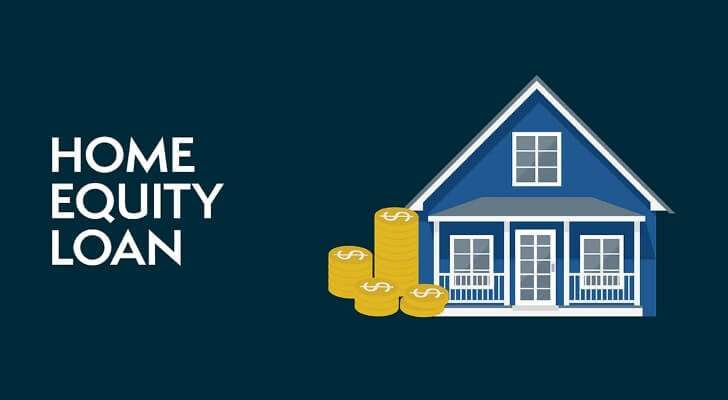Home Equity Loans: When Tapping into Your Home Is a Good Idea
A home equity loan allows property owners to borrow against the built-up value in their homes. This type of financing provides a lump sum with fixed repayment terms, making it suitable for large planned expenses such as property upgrades, tuition payments, or high-interest debt consolidation. However, since the property serves as collateral, this option requires careful evaluation of both benefits and risks.
✅ What Is a Home Equity Loan?
A home equity loan, often referred to as a second mortgage, lets a homeowner convert part of their property’s equity into cash. It typically features:
A fixed interest rate
A specific loan amount
A predetermined repayment period, often ranging from 5 to 30 years
Equity is calculated by subtracting the outstanding mortgage balance from the current appraised value of the home. For example, if a property is valued at $400,000 and the remaining mortgage is $250,000, the homeowner holds $150,000 in equity.

💡 Scenarios Where It May Make Sense
1. Home Renovations
Many homeowners use home equity loans for remodeling projects. Strategic renovations—like updating kitchens, replacing windows, or installing energy-efficient systems—can increase comfort while boosting long-term property value.
2. Education Financing
Rather than relying on high-interest personal loans or private education financing, some households choose to use home equity loans for college tuition. While this method may offer lower interest rates, it’s important to ensure repayment terms align with one’s financial capabilities, especially for those nearing retirement.
3. Debt Consolidation
Using home equity to consolidate revolving credit card debt is a tactic employed by many borrowers. Those with strong home equity can replace high-interest balances with a lower fixed-rate loan. Still, it’s essential to address spending habits to avoid recurring debt cycles.
⚠️ Risks and Considerations
Despite potential benefits, there are notable risks:
Foreclosure Risk: If the loan is not repaid, the property could be repossessed. Missing payments puts the borrower at risk of losing their home.
Overall Debt Increase: Adding a second loan increases total liabilities, which could strain monthly budgets or affect eligibility for other forms of credit.
Fixed vs. Variable Options Confusion: Most home equity loans have fixed rates, but borrowers must distinguish these from HELOCs (home equity lines of credit), which may offer variable rates with different structures.
📊 Data Snapshot
Recent figures provide a deeper understanding:
Average home equity loan amount in the U.S. is around $50,000
Fixed interest rates average 7.5% to 8.5% as of 2024
40% of loans are used for property upgrades, 25% for debt consolidation
Application volume grew 20% in Q1 2024, driven by higher property valuations

📝 How to Apply in Six Steps
1.Determine Equity
Use an online calculator or consult a professional to assess available borrowing power.
2.Check Credit Report
Most lenders look for a credit score of 620 or higher; stronger credit may lead to better loan terms.
3.Research Lenders
Compare offers from credit unions, traditional banks, and online platforms. Focus on interest rates, fees, and repayment terms.
4.Prepare Financial Documentation
Typical requirements include proof of income, mortgage statements, tax returns, property insurance, and a recent home appraisal.
5.Understand Associated Costs
These may include closing costs (2–5% of loan amount), title search fees, and early repayment penalties.
6.Consult Experts
A certified housing counselor, accountant, or independent financial advisor can provide guidance tailored to specific goals.
🔍 A Real-World Example
Profile: A family in Ohio with $250,000 in home equity and strong credit took out a $60,000 home equity loan to finance a full kitchen remodel and pay off $15,000 in credit card debt.
Interest rate: 7.25% fixed for 15 years
Monthly payment: ~$548
Result: Reduced credit card interest by over $200/month and increased home value by $30,000 based on recent appraisals
This case highlights how careful use of equity can offer both financial relief and asset improvement.

📚 Resources for Deeper Learning
Consumer Financial Protection Bureau – Home Loan Tools
Bankrate – Loan Calculator
HUD – Housing Counseling Services
📌 Final Thoughts
For those with sufficient equity, strong repayment discipline, and clear financial goals, a home equity loan can offer predictable borrowing at competitive rates. However, it’s crucial to evaluate long-term affordability, avoid overleveraging, and seek advice where necessary. This financing tool works best when integrated into a well-thought-out financial plan.
